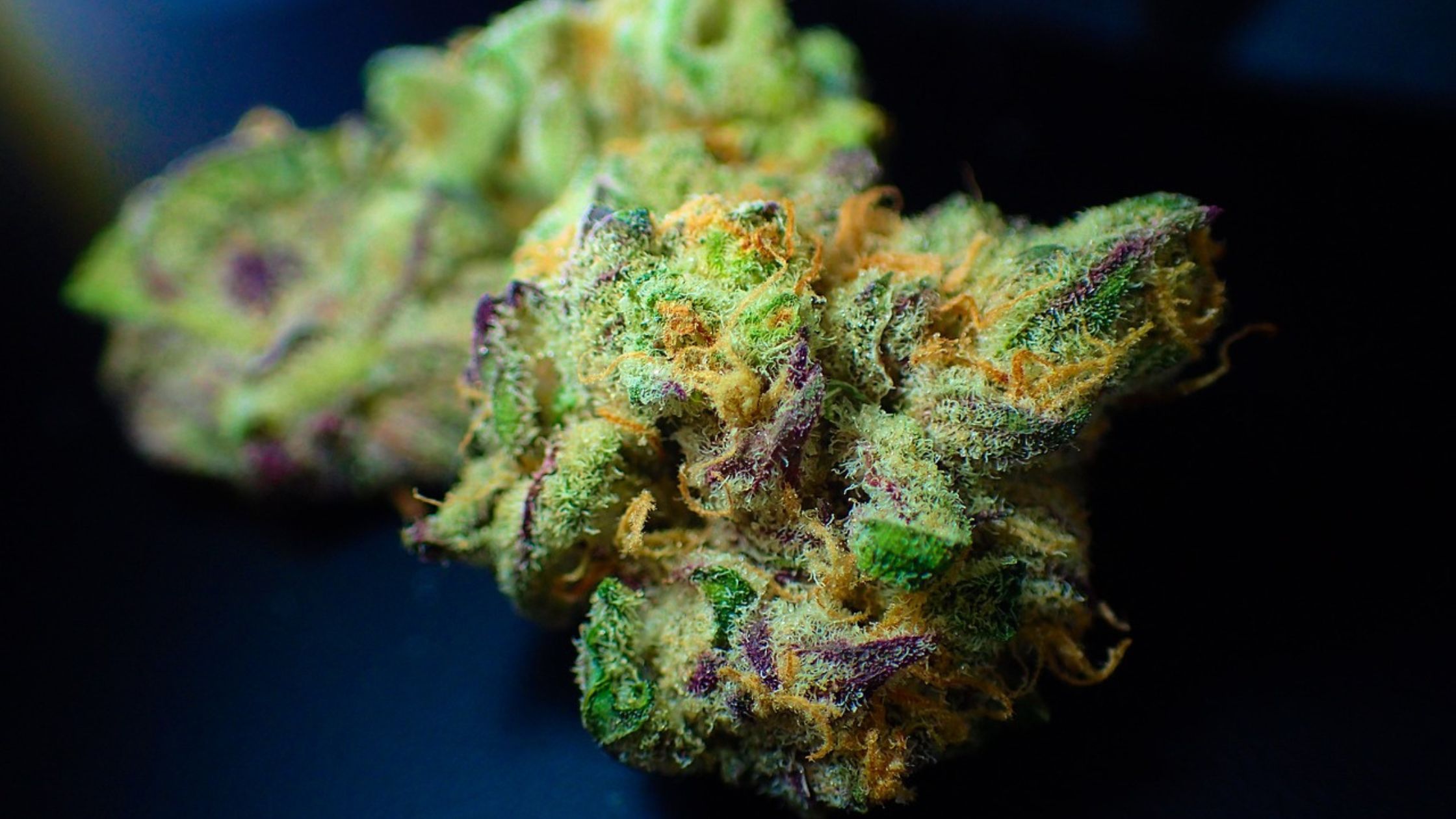Understanding THCA and Hemp
The world of cannabinoids can be pretty fascinating, especially when it comes to understanding the differences between various compounds like THCA (tetrahydrocannabinolic acid) and THC (tetrahydrocannabinol). If you’re curious about how THCA is derived from hemp, you’re in the right place! In this article, we’ll break down the process step by step and shed light on the role of hemp in producing THCA.
What is THCA?
THCA is a non-psychoactive cannabinoid found in raw cannabis plants, including hemp. Unlike THC, THCA does not produce the euphoric “high” that many associate with marijuana. Instead, THCA is believed to offer several potential health benefits, such as anti-inflammatory properties and neuroprotective effects, making it a hot topic in the wellness community.
The Role of Hemp in Cannabis Production
Hemp is a versatile plant that belongs to the Cannabis sativa species. While hemp and marijuana share a genetic background, they differ significantly in terms of THC content. By definition, hemp contains less than 0.3% THC, making it legal in many places and a preferred source for extracting cannabinoids like THCA. The use of hemp allows manufacturers to produce THCA without the psychoactive effects that come with higher THC levels found in marijuana.
The Process of Making THCA from Hemp
Creating THCA from hemp involves a multi-step process that begins with selecting the right strain of hemp.
Selecting the Right Hemp Strain
The first step in producing THCA is choosing a hemp strain that is rich in cannabinoids. Look for hemp varieties that have been bred specifically for high THCA content. Strains such as “HempStar” or “Cherry Wine” are popular choices because they offer a robust cannabinoid profile. Selecting the right strain is crucial, as it influences the overall yield and quality of the THCA extracted.
Extraction Methods for THCA
Once you have the right hemp strain, the next step is to extract the THCA. There are several methods used to extract THCA from hemp, each with its pros and cons.
CO2 Extraction
CO2 extraction is one of the most efficient and clean methods for extracting cannabinoids. This technique involves using supercritical carbon dioxide, which acts as a solvent to pull THCA from the hemp plant. It’s favored for its ability to preserve the integrity of the cannabinoids and terpenes, resulting in a high-quality product. Plus, it doesn’t leave behind harmful residues.
Ethanol Extraction
Ethanol extraction is another common method that uses food-grade ethanol to extract cannabinoids. This method is relatively straightforward and can produce a good yield of THCA. However, ethanol can also extract chlorophyll from the plant, which can affect the taste and color of the final product. To mitigate this, a post-extraction process called winterization is often employed to remove unwanted compounds.
Hydrocarbon Extraction
Hydrocarbon extraction uses solvents like butane or propane to extract THCA. While this method can yield high concentrations of THCA, it requires careful handling due to the flammability of the solvents involved. As such, hydrocarbon extraction is often done in professional settings with strict safety measures in place.
Purification and Isolation
After extraction, the crude extract typically contains a mixture of cannabinoids, terpenes, and other plant materials. The next step is purification, which helps isolate THCA from other compounds. This can be achieved through various methods, including chromatography, which separates compounds based on their molecular weight and polarity.
Decarboxylation: Activating THCA to THC
While THCA is beneficial on its own, many users are interested in its conversion to THC for psychoactive effects. This process is known as decarboxylation.
What is Decarboxylation?
Decarboxylation is the process of heating THCA, which removes a carboxyl group (COOH) and converts it into THC. This transformation occurs when cannabis is smoked, vaporized, or heated in cooking. For those looking to experience the psychoactive effects, decarboxylation is a crucial step.
Why THCA Turns into THC
When THCA is heated, the carboxyl group breaks off, allowing THCA to convert into THC, which binds to the body’s cannabinoid receptors, resulting in the high typically associated with cannabis. Understanding this process is essential for anyone using THCA for specific therapeutic benefits or recreational purposes.
Quality Control in THCA Production
When producing THCA, maintaining high quality and purity is crucial.
Importance of Testing and Purity
Regular testing is necessary to ensure that the THCA extracted is free from contaminants and has the desired cannabinoid profile. Lab tests can reveal information about potency, terpene content, and the presence of any residual solvents or pesticides.
Lab Certifications and Compliance
Working with certified labs is essential for compliance with legal regulations. Proper documentation and certifications can also help consumers trust the quality of the THCA they purchase.
The Benefits of THCA from Hemp
Therapeutic Properties of THCA
THCA offers a range of potential therapeutic benefits, including anti-inflammatory effects that may help manage conditions like arthritis or autoimmune diseases. Additionally, some studies suggest that THCA could provide neuroprotective benefits, making it appealing for those seeking alternatives to traditional medications.
Non-Psychoactive Benefits
One of the biggest advantages of THCA is its non-psychoactive nature. This means that users can enjoy the health benefits of cannabis without the high, making it an excellent option for those who want to remain clear-headed while still benefiting from the plant’s therapeutic properties.
Legal Considerations
Understanding the legal status of THCA derived from hemp is essential for consumers.
The Legal Status of Hemp and THCA
In many regions, hemp is legal to cultivate and process, thanks to the 2018 Farm Bill in the United States, which legalized hemp with less than 0.3% THC. However, regulations can vary by state, so it’s important to stay informed about local laws regarding hemp and cannabis products.
Navigating Regulations
If you’re considering purchasing THCA or hemp-derived products, make sure to buy from reputable sources that comply with local laws. Always check for lab results and certifications to ensure you’re getting a safe and effective product.
Conclusion
So, how is THCA made from hemp? The process involves selecting the right strain, extracting the THCA using various methods, and then purifying it to ensure quality. THCA offers potential health benefits without the psychoactive effects of THC, making it a versatile option for many users. As always, staying informed about the legal landscape and quality control practices will help you make educated choices in your cannabis journey.
Frequently Asked Questions
What is THCA and how does it differ from THC?
THCA is the non-psychoactive precursor to THC, which becomes psychoactive only when heated.
Can THCA be extracted from any cannabis plant?
THCA can be extracted from both hemp and marijuana, but hemp is preferred for its low THC content.
Is THCA legal to buy and use?
In many places, THCA derived from hemp is legal, but always check local regulations.
How can I consume THCA?
THCA can be consumed raw, in tinctures, or by incorporating it into edibles. It can also be converted to THC through decarboxylation.
What are the health benefits of THCA?
THCA may offer anti-inflammatory and neuroprotective benefits without psychoactive effects.

